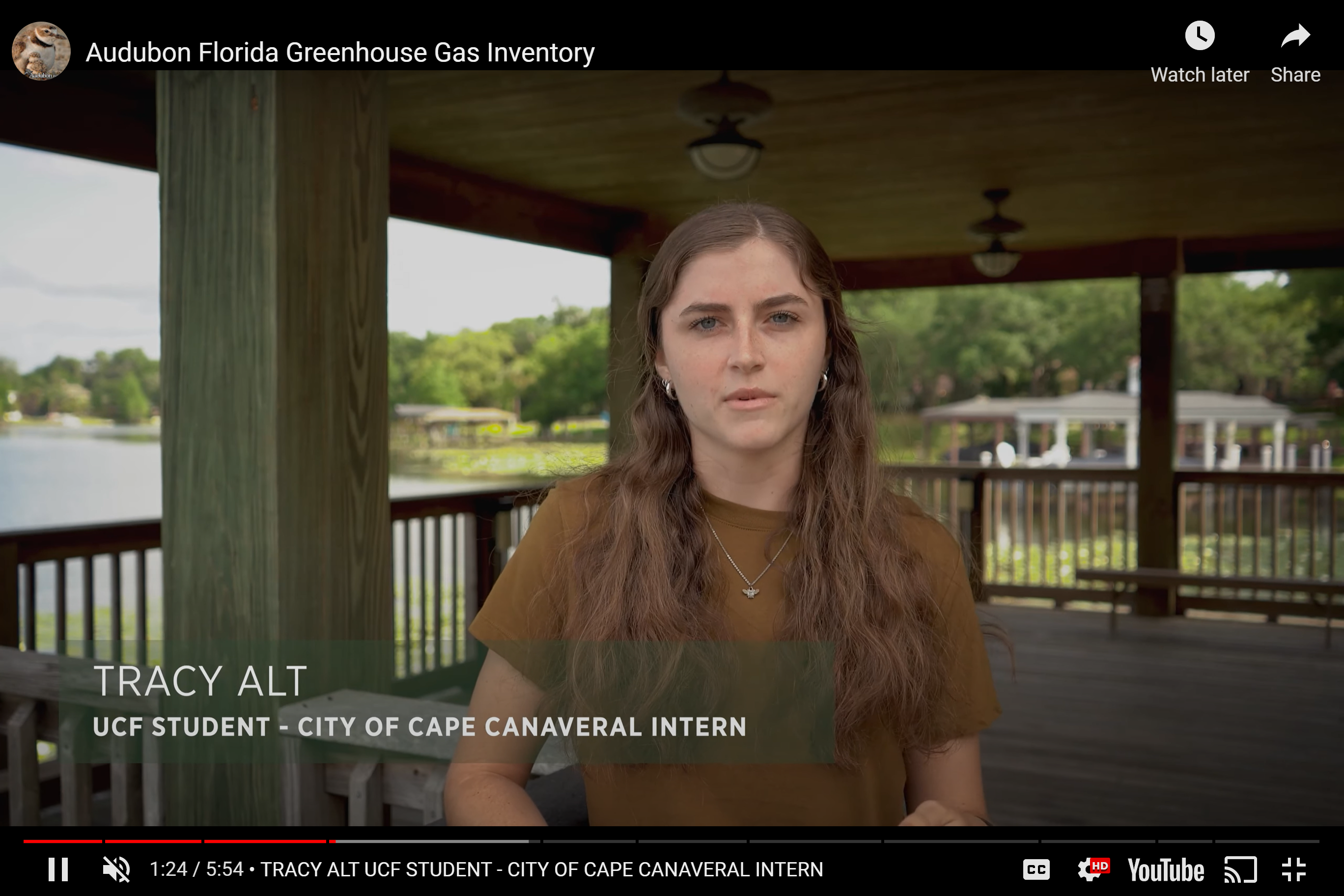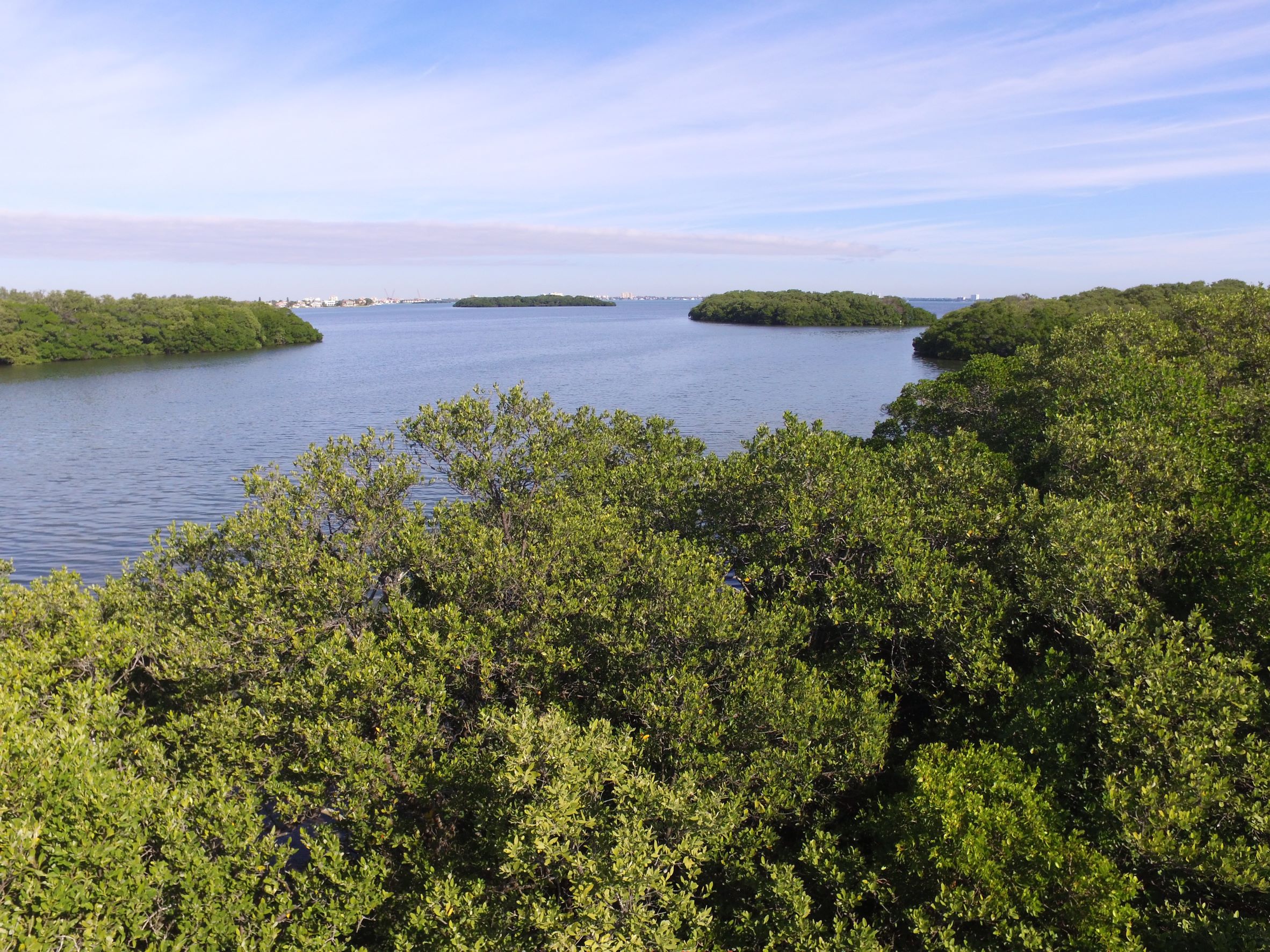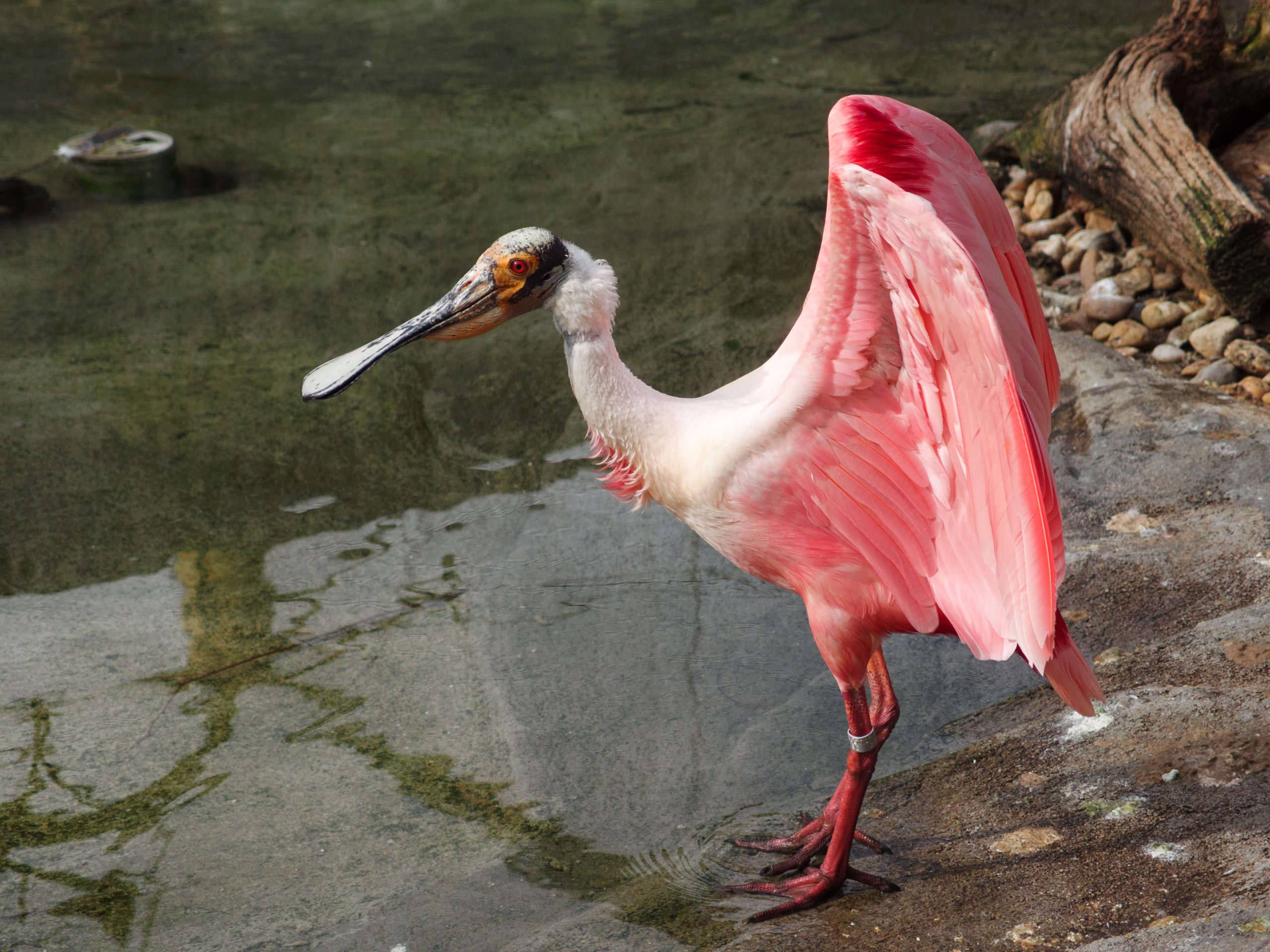 How do you solve a problem if you do not know where to start? Many local governments are simply overwhelmed, especially when it comes to a daunting issue like enhancing resilience in the face of climate change.
How do you solve a problem if you do not know where to start? Many local governments are simply overwhelmed, especially when it comes to a daunting issue like enhancing resilience in the face of climate change.
Enter Audubon Florida, Local Governments for Sustainability (ICLEI) and the University of South Florida (USF). They’ve joined with local governments in creating the Tampa Bay Regional Resilience Cohort to conduct inventories on municipal greenhouse gas emissions.
Most well-known for protecting birds, Audubon Florida has branched out to fund this initiative to safeguard the places birds need to survive. Birds face mounting threats from rising sea levels, stronger storms and warming temperatures. In fact, two-thirds of North American bird species are at risk of extinction due to our warming planet.
“If we act now, we can protect the most vulnerable birds while building healthier, stronger human communities,” says Julie Wraithmell, executive director of Audubon Florida[WR1]
By Renee Wilson
 Reducing the level of greenhouse gasses emitted into the atmosphere is one of the best methods to reduce the impacts of climate change on both natural and human communities. The action now being undertaken by the newly formed cohort is an important step in helping reduce emissions and our carbon footprint. Reducing emissions not only makes sense ecologically, but economically too.
Reducing the level of greenhouse gasses emitted into the atmosphere is one of the best methods to reduce the impacts of climate change on both natural and human communities. The action now being undertaken by the newly formed cohort is an important step in helping reduce emissions and our carbon footprint. Reducing emissions not only makes sense ecologically, but economically too.
The cohort will pair USF students at both the Tampa and St. Petersburg campuses with the local governments of Largo, Belleair, Sarasota, Treasure Island, Safety Harbor, St. Pete Beach, Clearwater, Dunedin, Tarpon Springs, and Oldsmar as well as Pasco and Sarasota counties. By producing an emissions inventory, local governments can take steps to find sustainable solutions that combat the cause of climate change.
The first step will be to help local governments assess the emissions produced by their operations in buildings, municipal fleets and waste services, among others. By understanding the impact of those municipal services, local governments create a critical baseline and framework for local resiliency decisions to reduce emissions, maximize efficiency, and provide transparency and accountability to decision-makers and taxpayers alike.
USF students provide important bandwidth for their paired local government in developing the emissions inventory while they receive specialized training from ICLEI, explore the growing field, and gain valuable experience in project management, resilience planning and municipal operations.
This is the second collaborative effort of its kind in Florida. In 2021, Audubon Florida announced the first initiative like this in Florida with 18 cities and counties in the East Central Florida Region, in partnership with the East Central Florida Regional Resilience Collaborative (R2C) and three local universities, forming the Audubon Florida + R2C Climate Cohort.
The student fellows from the University of Central Florida, Florida Institute of Technology and Stetson University brought great energy to their cohort. At the end of the program, we circled back with the students to learn that they all gained new skills, helpful contacts, and new ideas for their future.
“I was able to see how the work that I was doing would be included as well as how it would make an impact on the city itself,” said Tracy Alt, University of Central Florida (UCF) student paired with the City of Cape Canaveral.
“To reduce our emissions we need to first know where they are coming from,” said George Hutchison, UCF Student paired with Seminole County. “If we can do that consistently statewide, that would be awesome.”
All of the local governments that participated in the East Central Florida Collaborative successfully completed a greenhouse gas inventory. Some of them are using their inventory to examine potential next steps to reduce emissions, while others are taking the data into account when creating resiliency and climate action plans.
Audubon Florida is funding and co-facilitating the Tampa Bay Regional Resilience Cohort with ICLEI as part of our commitment to strengthening climate resilience through science, innovation, and entrepreneurship for the benefit of Florida’s communities, ecosystems, and birds.
Renee Wilson is Audubon Florida’s communications associate. She’s written multiple articles on how environmental policies affect birds and the places they live.
ICLEI – Local Governments for Sustainability is a global network of more than 1,750 local and regional governments committed to sustainable urban development. Active in more than 100 countries, ICLEI influences sustainability policy and drives local action for low emission, nature-based, equitable, resilient, and circular development. Visit icleiusa.org
Audubon Florida has worked to protect birds and the places they need in Florida for 120 years, advancing common-sense solutions grounded in strong science. Visit fl.audubon.org.
